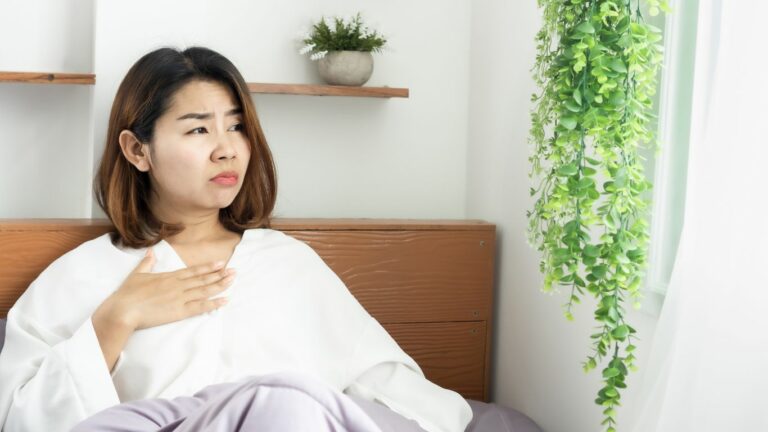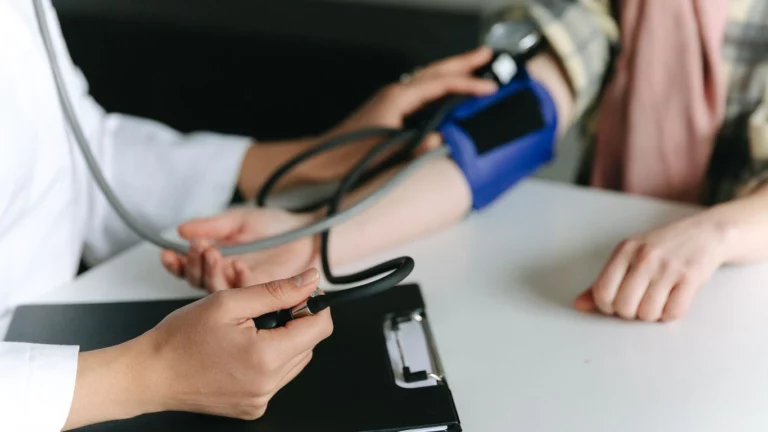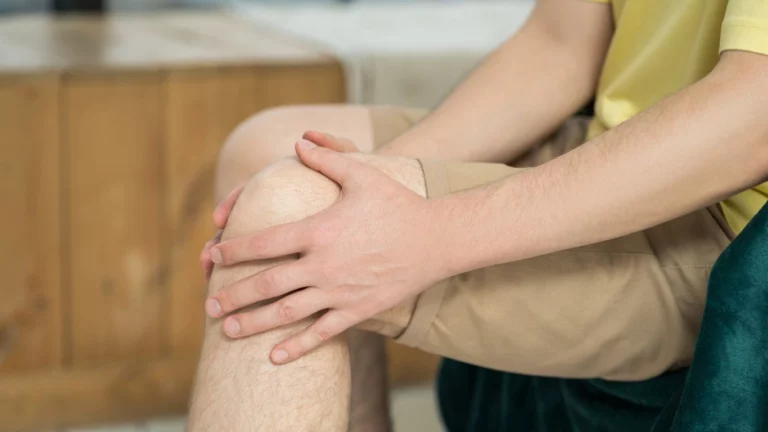How High Caffeine Intake Can Make Eye Floaters Worse
I remember thinking my morning coffee habit was harmless—just a little pick-me-up before the chaos of the day hit. But when I started seeing odd specks drifting across my vision after a third or fourth cup, I couldn’t help but wonder: was caffeine doing more than just waking me up?
Can Caffeine Really Mess With Your Vision?
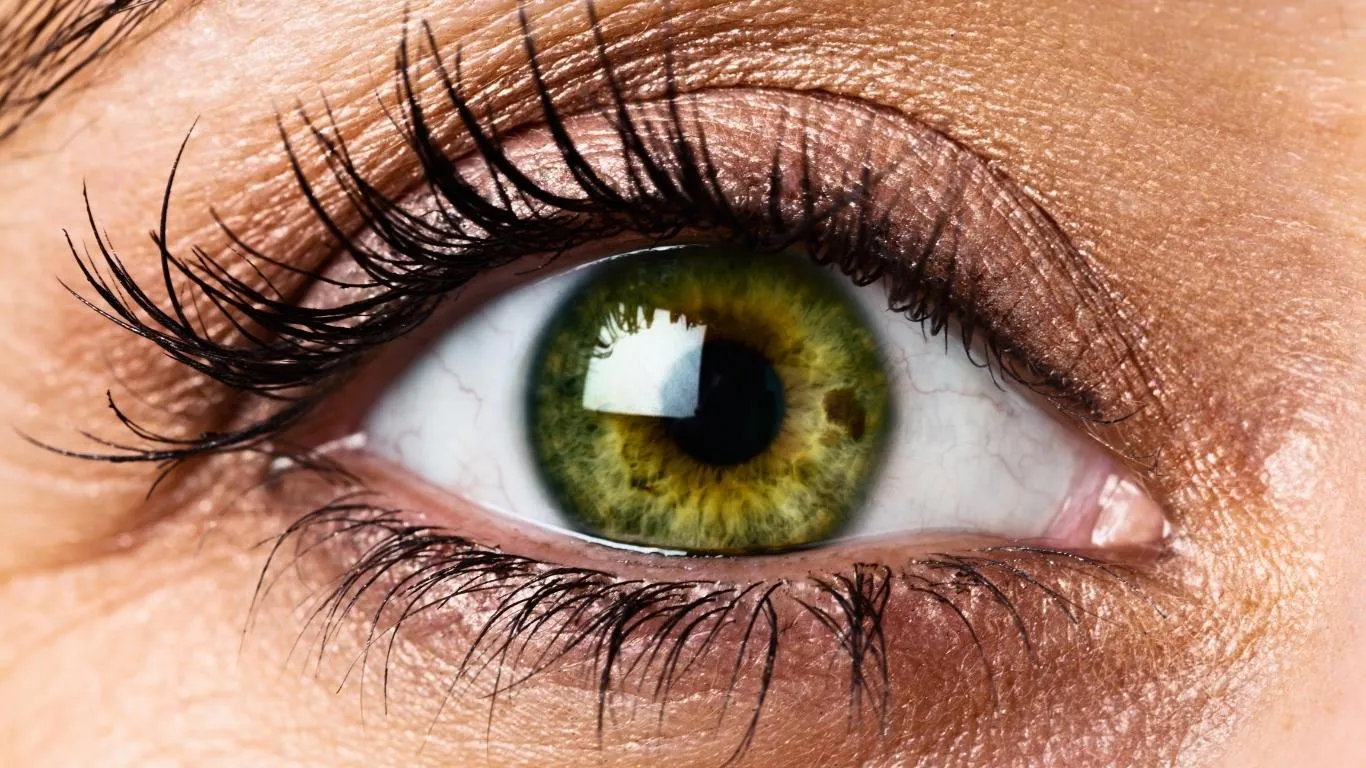
It turns out, yes—caffeine could have an effect on those annoying little floaters that seem to dance across your line of sight. While caffeine isn’t the sole culprit, mounting evidence and anecdotal reports suggest that for some of us, it can actually make floaters more noticeable.
How Caffeine Affects Eye Circulation
Caffeine is a stimulant that tightens blood vessels and boosts adrenaline. That’s great when you need focus, but not so great for your eyes. It reduces blood flow to the optic nerve and retina, which can contribute to vitreous degeneration over time—yes, that’s the gel-like substance in your eye that causes floaters when it starts to shrink or clump together.
According to PubMed research, caffeine intake can impact intraocular pressure (IOP), especially in people already dealing with eye issues. While increased IOP isn’t a direct cause of floaters, the stress it places on the internal structures of the eye could contribute to their visibility.
Too Much Coffee? You’re Not Alone
Look, I get it. Coffee is life. But anything over 400 mg of caffeine a day (roughly 4 cups) might be putting your eyes under unnecessary stress. I noticed my floaters were worst on days I’d had energy drinks or multiple cups of espresso. Turns out I wasn’t just imagining it.
- Blurry vision or difficulty focusing
- Increased visibility of floaters under bright light
- Eye twitching or mild discomfort
Floaters themselves are harmless for most people, but they can become a warning sign of something more serious if they appear suddenly or worsen quickly.
Who’s Most at Risk When It Comes to Caffeine and Floaters?
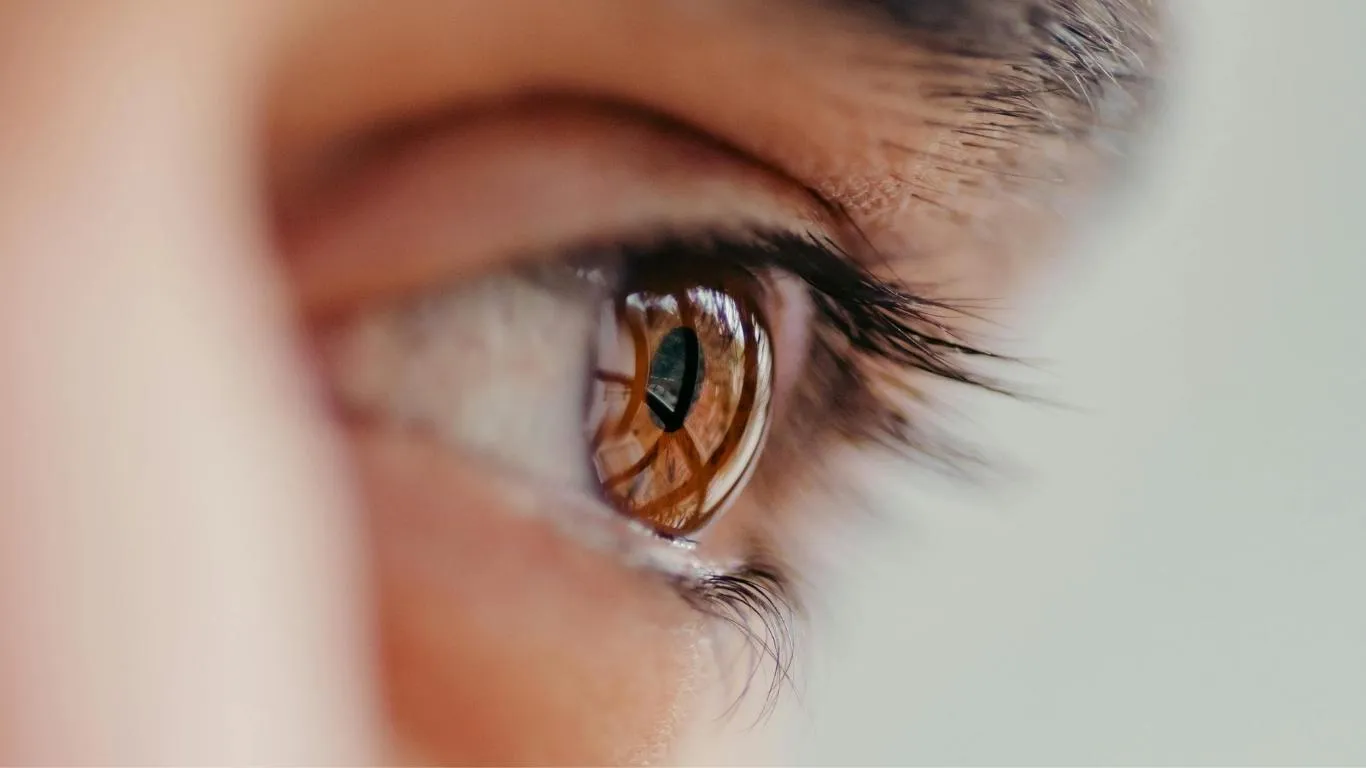
It’s not just heavy coffee drinkers. People with existing vision problems, dry eyes, or age-related vitreous changes are more likely to notice floaters after consuming caffeine. If you’ve had LASIK or other eye surgeries, you might want to keep an eye (pun intended) on your caffeine levels too.
Caffeine and Other Compounding Factors
Caffeine rarely acts alone. If you’re also dehydrated, not sleeping well, or staring at screens all day, you’re basically giving your floaters a stage and a spotlight. Floaters love dry eyes and screen glare—it makes them pop.
This aligns with what’s discussed in this breakdown of how dehydration contributes to eye floaters. Dehydration is already a known trigger, and caffeine’s diuretic nature can make it worse.
Is There a Caffeine Threshold for Floaters?
No hard and fast rule here, but based on my own experience (and some frustrating trial and error), floaters were significantly worse after about 250–300 mg of caffeine in one sitting. That’s about two strong cups. Cutting back to just one in the morning made a noticeable difference within a week.
What You Can Do About It
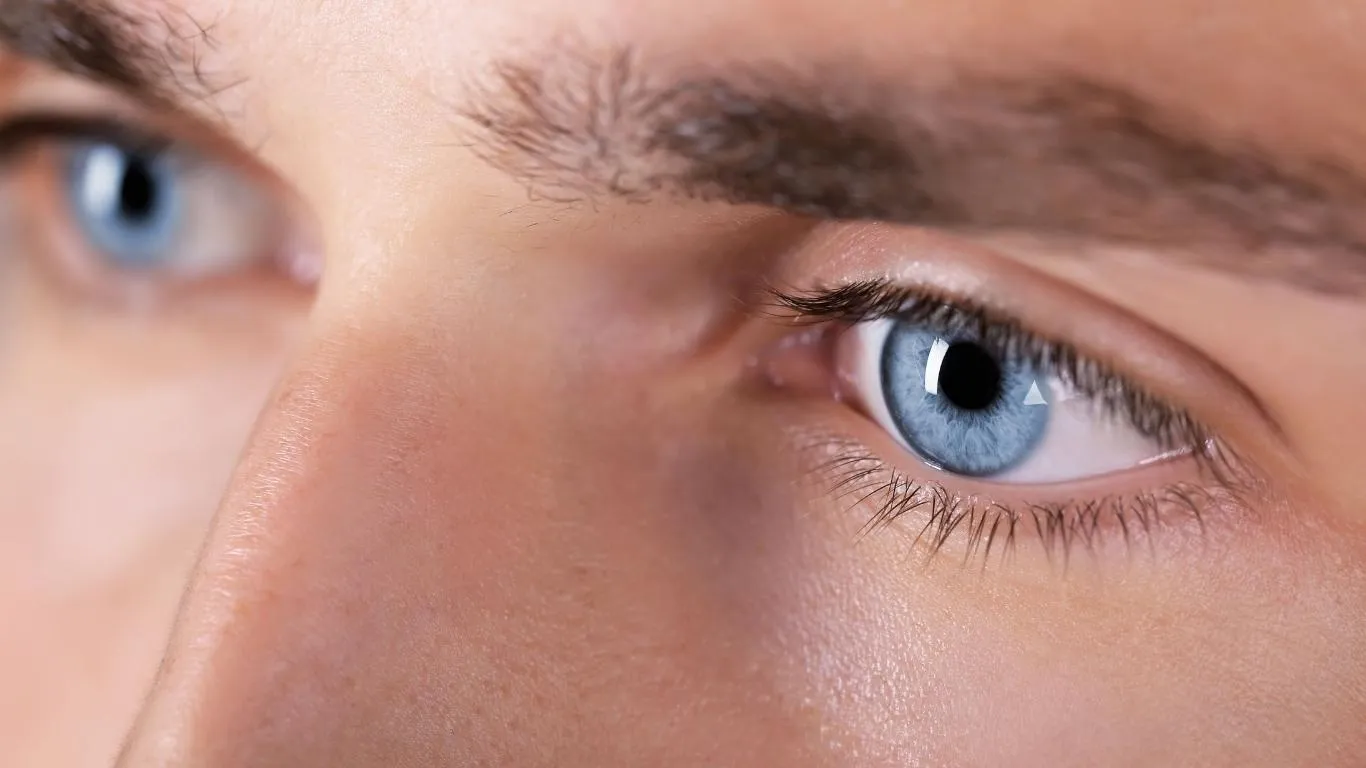
If you suspect your caffeine habit is playing tricks on your vision, you’ve got a few options:
- Reduce caffeine intake gradually – Going cold turkey can be rough and might not be necessary. Start with half-caf blends or switch to green tea.
- Stay hydrated – Every cup of coffee should be balanced with water. Your eyes will thank you.
- Screen breaks – The floaters get more obvious when you’re staring at white screens. Use blue light filters and take 20-20-20 breaks.
For people experiencing a worsening of floaters due to screen time, it may not just be the monitor—it could be what’s in your mug while you work.
Other Possible Medical Concerns
Let’s not forget: if your floaters suddenly increase, come with light flashes, or are accompanied by vision loss, see an ophthalmologist immediately. Those could be signs of retinal detachment or vitreous hemorrhage—conditions discussed in this warning guide.
Want a Deeper Dive Into Floaters?
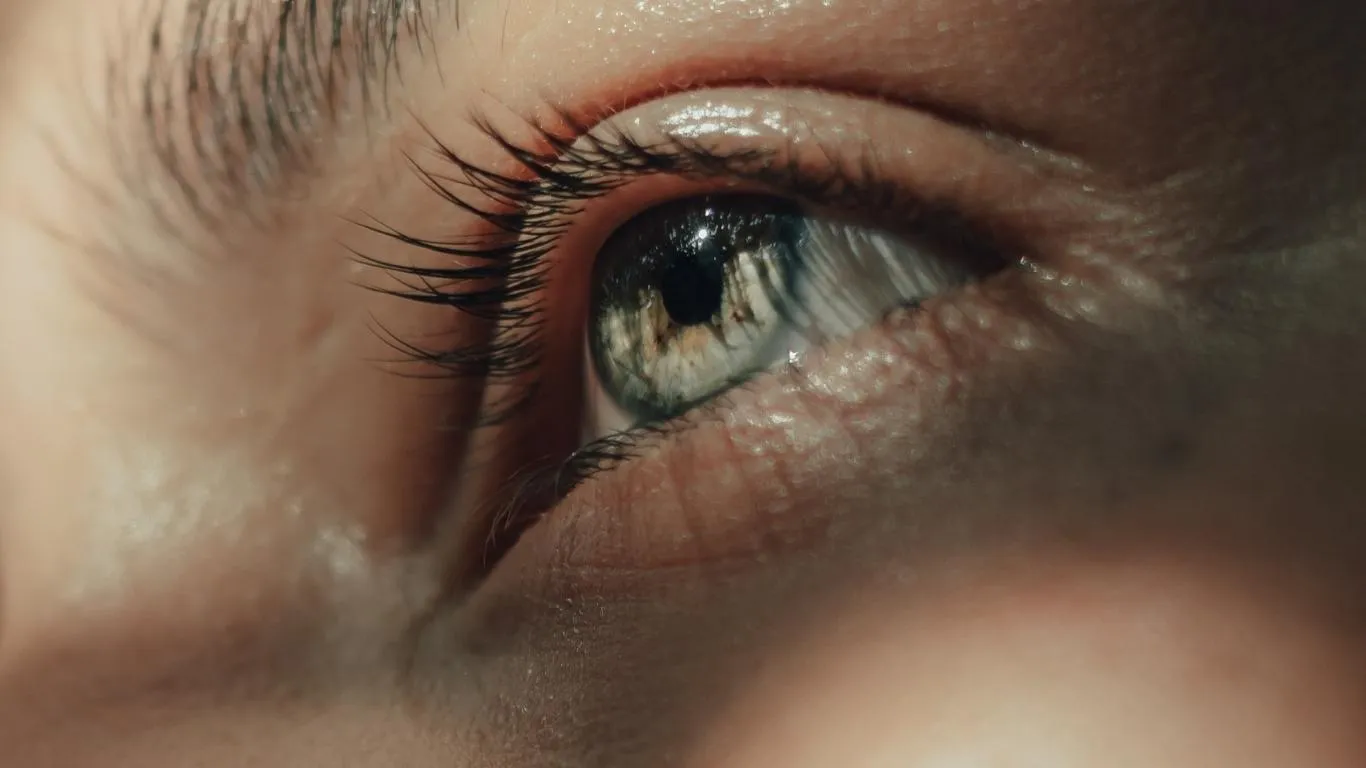
If you want to get a clear picture of what’s really going on behind those drifting spots in your vision, check out the main article on what eye floaters are, their causes and treatments. It’s packed with useful info on the science and treatment options.
Also, here’s another solid reference from Healthusias that outlines when floaters can be a sign of something more serious.
And for the curious: yes, I still drink coffee. But with a side of moderation and an extra glass of water.
Can Cutting Back on Caffeine Actually Help Floaters Fade?
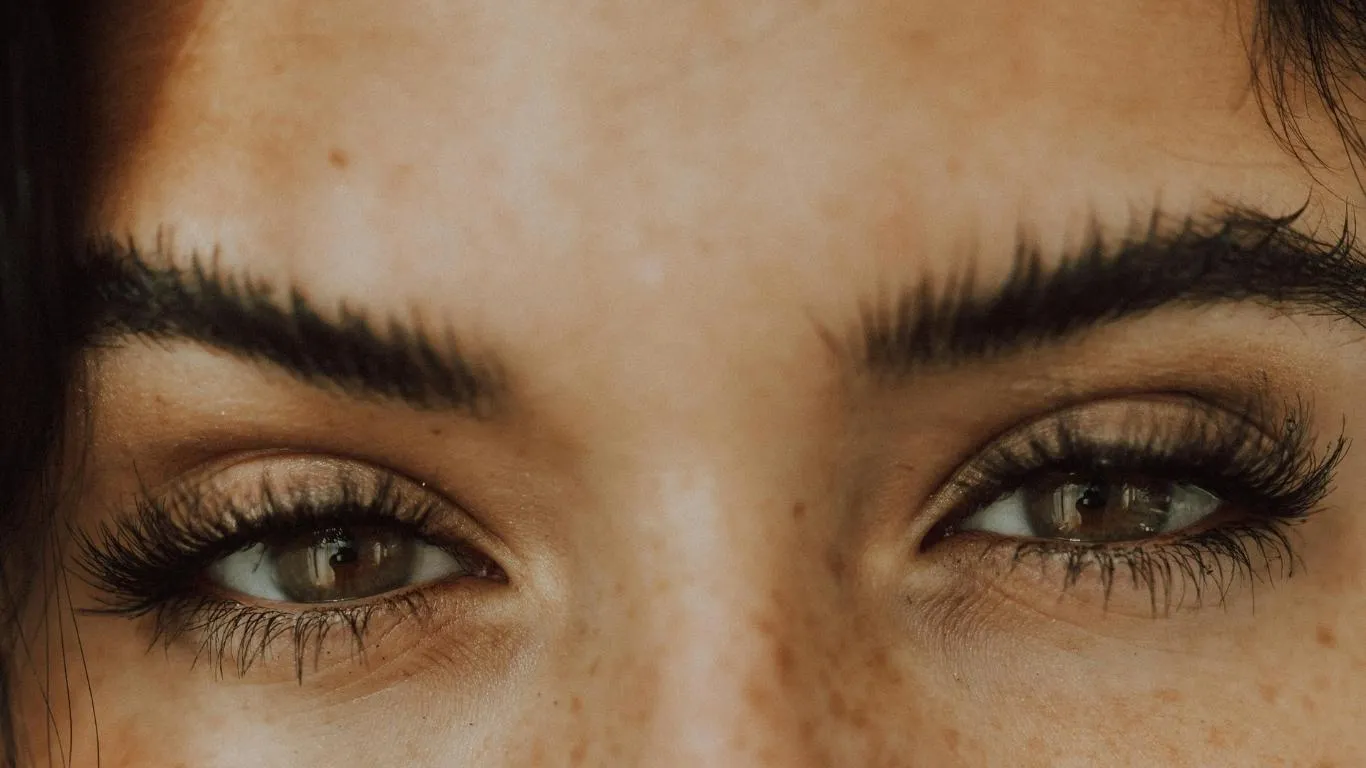
Honestly? It depends. Floaters don’t just vanish overnight (unless you’re a wizard, in which case, let’s chat). But for most people, reducing caffeine—especially if you’re consuming high amounts daily—can absolutely reduce how visible or intrusive those floaters feel. I didn’t believe it myself until I swapped my afternoon coffee for herbal tea for two weeks and noticed a serious difference in how often I was blinking and rubbing my eyes.
It’s not magic. It’s physiology. Lower caffeine means less eye strain, better hydration, and more stable blood flow to the retina. All of that adds up to a more comfortable visual field.
Natural Floaters Relief Strategies That Actually Work
If you’re trying to reclaim your clear vision without giving up everything you love (looking at you, espresso), here’s what worked for me and countless others dealing with caffeine-aggravated floaters:
- Omega-3 supplements – Promotes vitreous health and supports eye tissue hydration.
- Lutein-rich foods – Think spinach, kale, and eggs. Your eyes love this stuff. Backed by National Eye Institute findings.
- Eye exercises – I know it sounds weird, but simple eye rolls and focusing drills actually help. This guide on eye exercises for floaters is gold.
I also learned to blink more often—sounds basic, but it seriously reduces screen-related dryness and visual fatigue. The fewer dry spots on your eye surface, the less contrast those floaters seem to have.
Is Your Coffee Making Existing Eye Issues Worse?
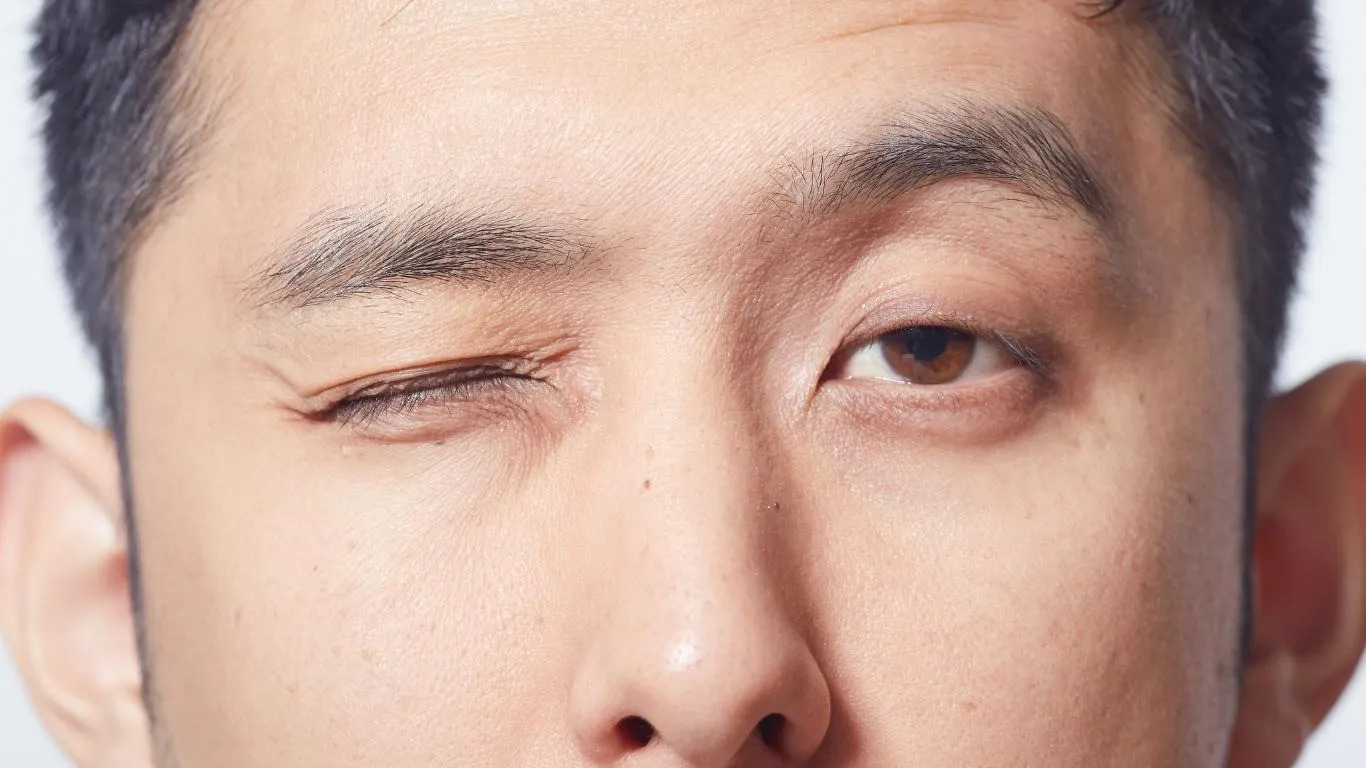
If you already deal with dry eye syndrome, high myopia, or post-surgical healing, caffeine could be pushing your visual system into overload. Some folks with conditions like high myopia report worse floater experiences on heavy caffeine days.
Here’s what you can do if you’re in this boat:
- Switch to low-acid or decaf blends – Some contain far less caffeine and are gentler on your system.
- Track caffeine timing – Avoid large doses in the evening; night floaters are often worse due to screen use + eye fatigue.
- Try adaptogens – These plant-based stress-busters help regulate cortisol, which may also play a sneaky role in vision clarity.
Linking Floaters, Stress, and Stimulants
Many people don’t connect the dots between stress hormones and eye symptoms. But the truth is, stress and stimulants go hand in hand—and so does their effect on vision. If your floaters flare up after stressful work sprints fueled by caffeine, that’s not just coincidence. It’s a known relationship.
There’s even a fascinating article on relieving stress-induced eye floaters that opened my eyes (literally).
When Floaters Aren’t Just a Nuisance
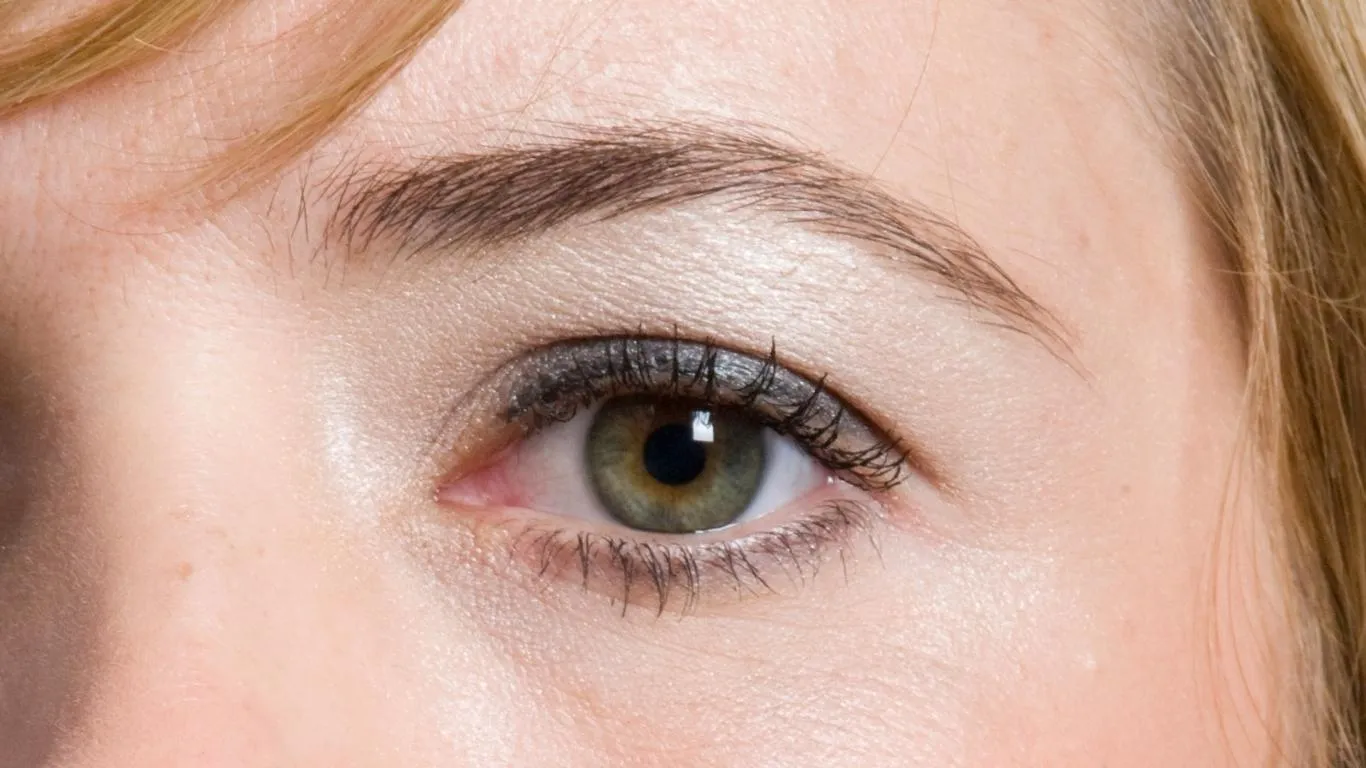
While most floaters are harmless, if you suddenly see a flurry of new ones, especially if accompanied by flashes of light, shadows, or partial vision loss, it’s time to stop Googling and start dialing your eye doctor.
This is often the difference between a minor inconvenience and something like retinal bleeding or a retinal tear. It can happen suddenly, especially in those with high caffeine habits coupled with eye trauma, dehydration, or pre-existing conditions.
Should You Stop Caffeine Altogether?
Not necessarily. For many, it’s about moderation, not elimination. The dehydration-floater connection is a bigger deal than the caffeine itself for some people. Just being aware of the signs and symptoms gives you control.
I still enjoy my iced lattes and espresso shots—just not five in a row like I used to. And if I do indulge? I balance it out with water, screen breaks, and maybe a little yoga. Yeah, floaters might still show up, but they’re less frequent, less dramatic, and easier to ignore.
So, What’s the Big Takeaway?
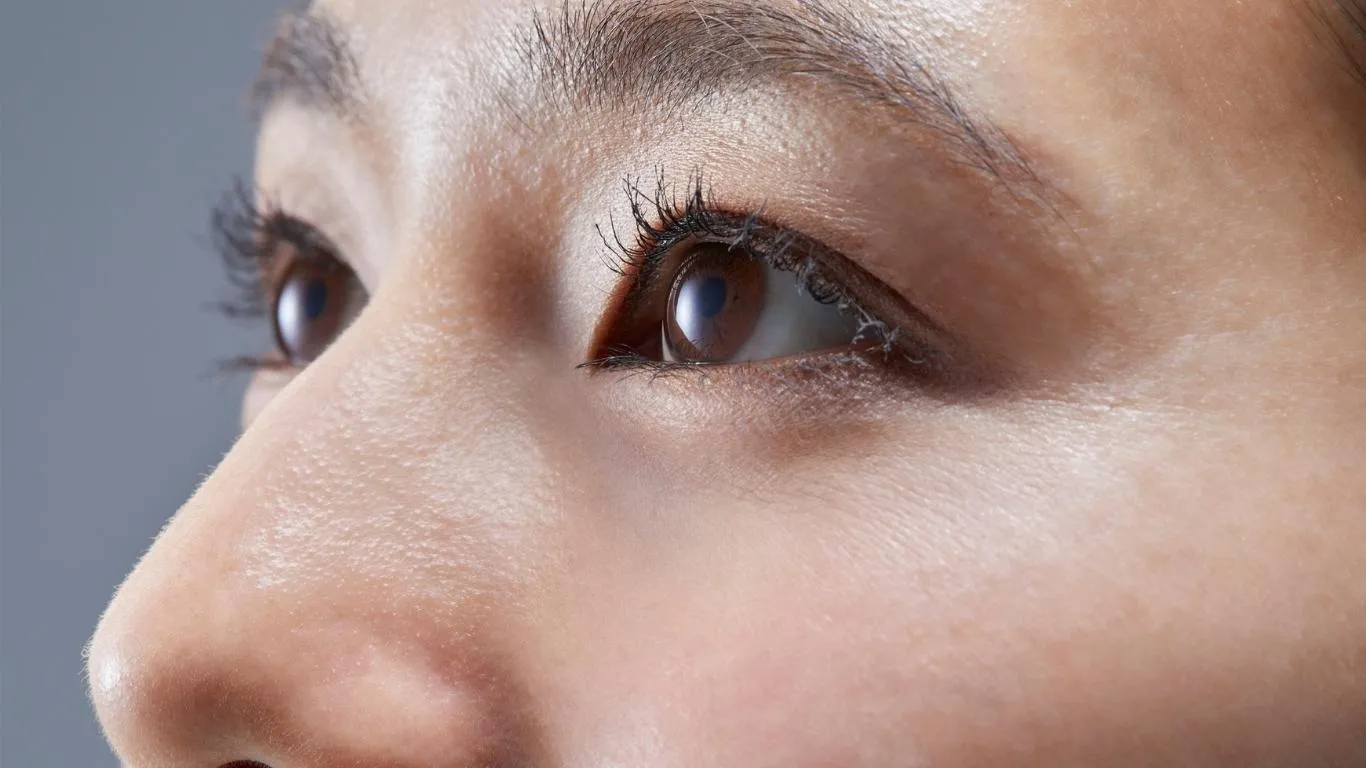
If your vision feels fogged by those annoying little specs, and you’re downing caffeine like it’s your job—it might be time to re-evaluate. No shame in the coffee game, but your eyes might be quietly begging for a break.
Want to explore more about the bigger picture behind floaters? Start with the main floater guide here for a detailed breakdown of causes and treatments. Also, you’ll find deeper insights in this post on common causes of floaters—it’s helped thousands understand what’s happening inside their eyes and what to do about it.
Sometimes, it’s not the screen or the sun. It’s what’s in your cup.

Camellia Wulansari is a dedicated Medical Assistant at a local clinic and a passionate health writer at Healthusias.com. With years of hands-on experience in patient care and a deep interest in preventive medicine, she bridges the gap between clinical knowledge and accessible health information. Camellia specializes in writing about digestive health, chronic conditions like GERD and hypertension, respiratory issues, and autoimmune diseases, aiming to empower readers with practical, easy-to-understand insights. When she’s not assisting patients or writing, you’ll find her enjoying quiet mornings with coffee and a medical journal in hand—or jamming to her favorite metal band, Lamb of God.

